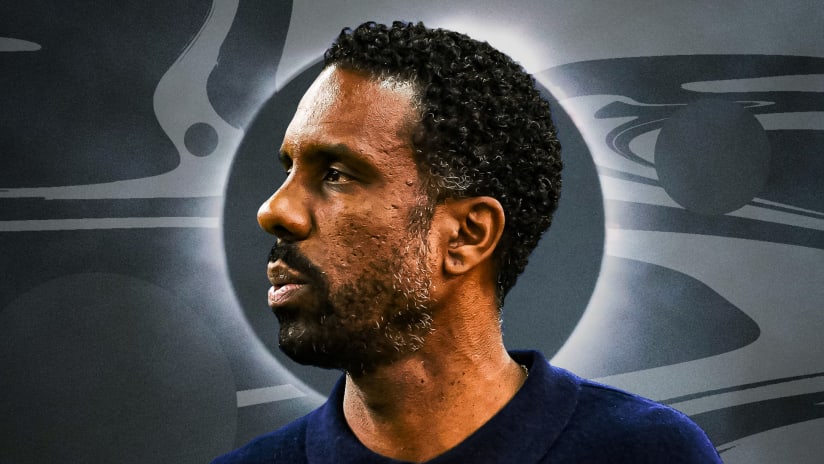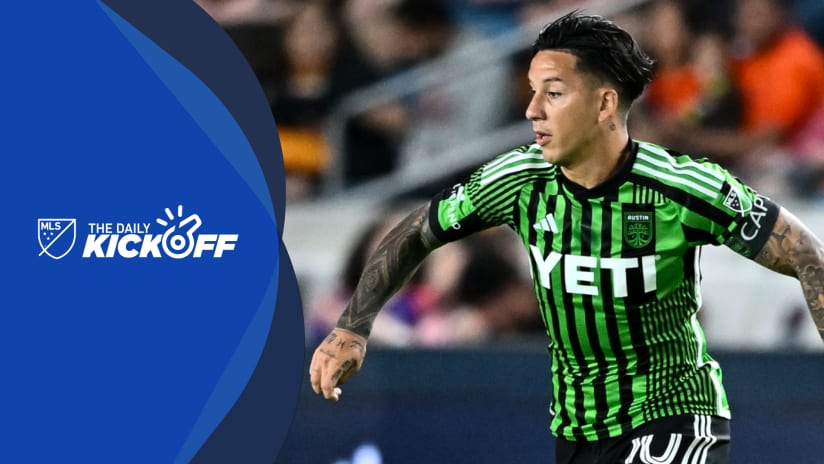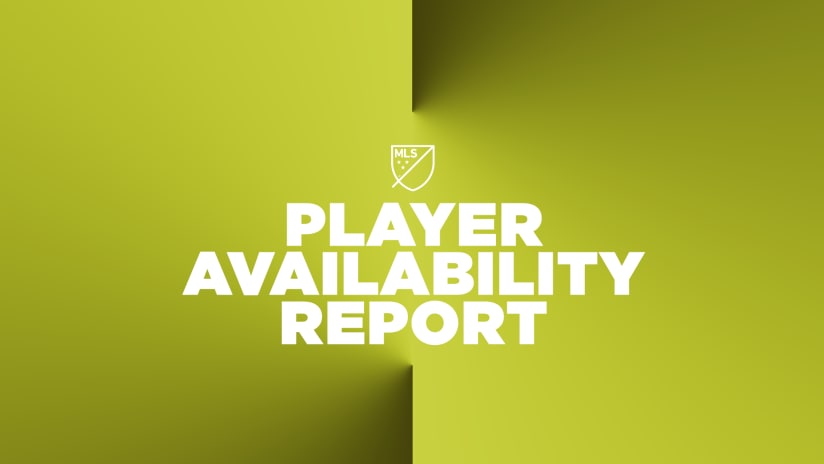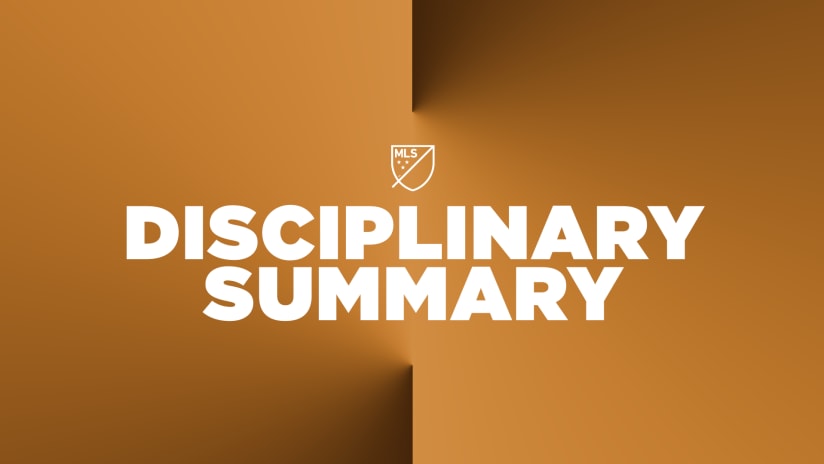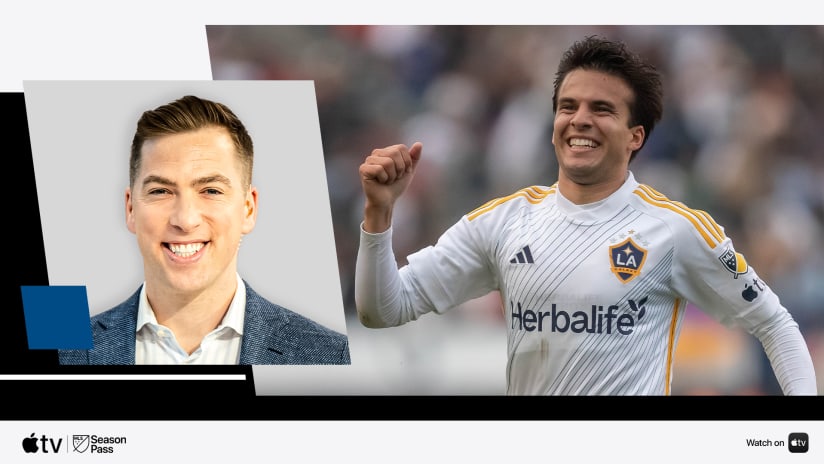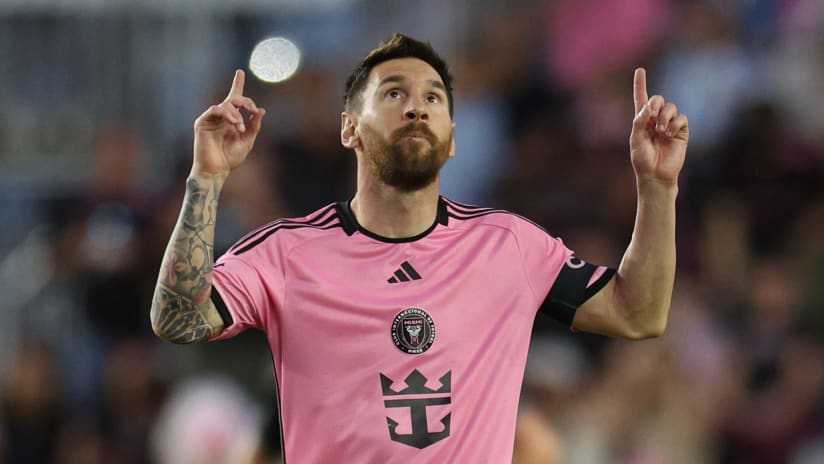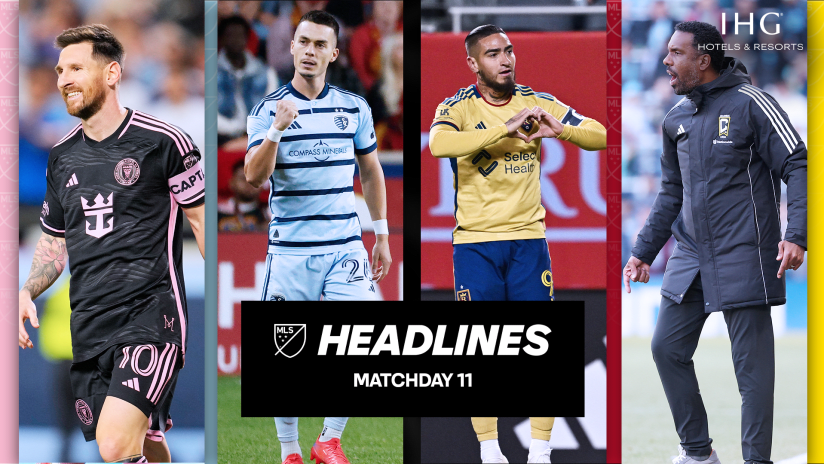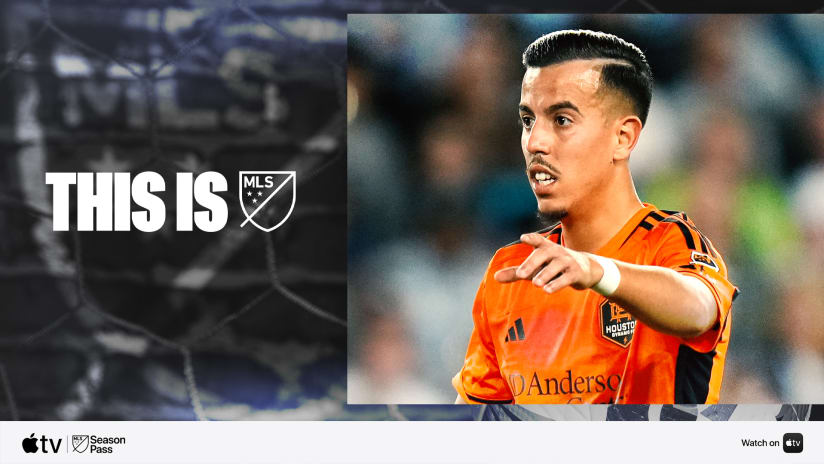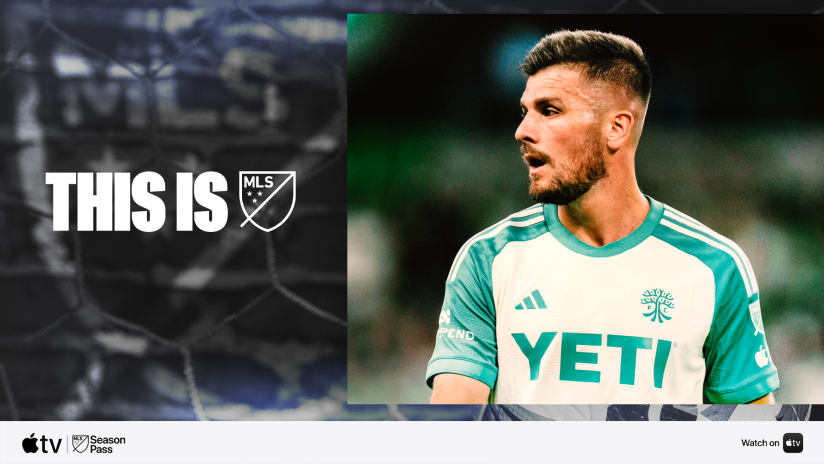It would be simpler, perhaps more obvious, to start this story last December, when my players, my staff and I won MLS Cup 2023 for the Columbus Crew. This made me the first Black head coach in MLS history to win the league championship, and in that moment, I explained why this made me so emotional – both proud and angry.
But more on that later. First I’m going to go back further, much further – to the first time I visited the United States. I don’t remember exactly when it was, but I was still a teenager, about 18 years old, when I left France and visited family in New York City. Among the many amazing things I saw on that trip, I remember one new experience vividly.
I was watching TV and I saw Black people in advertisements for the first time. Something like that in France at that time was impossible. It was impossible to have a major company run an ad with Black people in it, despite the values of the French Republic – “Liberté, Egalité, Fraternité” [liberty, equality and fraternity]. It’s gotten better in the years since; people have become more open to diversity and its strengths. But this was the context of my upbringing.
Diversity was a fundamental part of my life, though. Both sides of my family had emigrated to France from different parts of the developing world in search of a better life: My father was from the West Indies, and my mother’s heritage was Senegalese and Cape Verdean. We had Christians, Muslims, all kinds of different cultures and traditions among our loved ones. As I grew up, though, I learned that to many others around us, we were just Black, and they applied labels to us accordingly.
I grew up with racism, simple as that. I had to do double or triple the work to show that I had the quality to do what normal people wanted me to do. Black and Arab people with the same competency as their white counterparts at school – sometimes even with more degrees – didn’t have the same access to a decent job at that time.
I'm going to give you an example, just for you to understand that this is the way I grew up. My English is not so good, but when I speak in French, I don't like to talk just to talk. I like to use precise and concise words. So it happened a few times that people told me, ‘Hey, you're not like normal Black people. Because your French is so good!’ You realize this is particularly ignorant when you learn as I did that in Senegal, for instance, they speak and instruct French of the highest, most rigorous quality – some would say more so than in France itself.
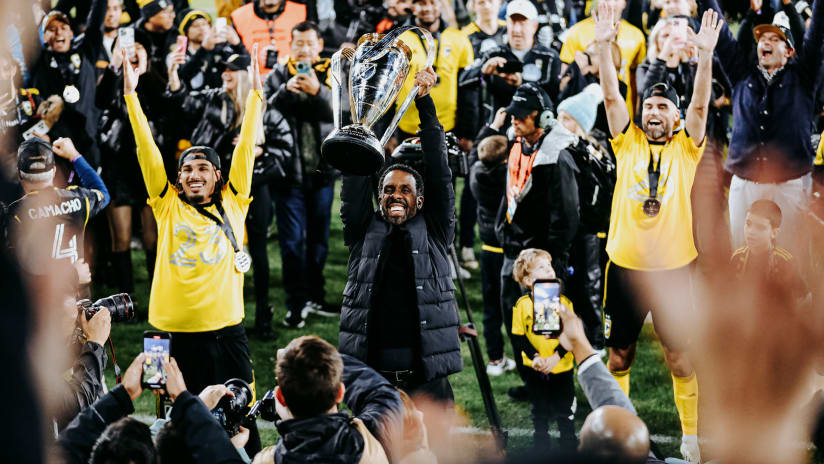
But at some point, you begin to internalize these things. Later on in life, as my playing career was winding down, I moved to Canada – initially I thought I might stay for one year, but I decided to stay, because it was the best place to develop myself as a coach. And when I first arrived in Montréal, I was very pleased to see people were more open to where people come from and what they were capable of doing. They focused more on a person’s skills, education and ability than what the person looked like.
I soon gained perspective on how the United States and Canada were totally different than France. Don't get me wrong: we have issues here, big issues. But it was not the same. So Montréal was like a new discovery. Because I saw people being more open, living more openly, whether it was culture, language, religion, gender or sexuality. I saw the possibility of all kinds of culture and expression. So I had to do a lot of work on myself. And I was really happy about that. I met my wife in Montréal – she is Canadian, with Haitian heritage – and we are proud that our children were born there.
Having said all of this, it may not surprise you to hear that I had no coaching role models to speak of when I was young. For inspiration, I had to look to successful people in other fields like Denzel Washington, Oprah Winfrey and Barack Obama. It was practically unheard of for a Black person to manage a top team in France, or most of Europe, for that matter, and not enough progress has been made since then, either. Today I am the only Black head coach in MLS, and this is a problem. But it’s much worse in Europe, where Patrick Vieira and Vincent Kompany are two of the very few Black coaches across the continent’s biggest leagues.
And it's not about the competency. This is about a lack of openness to open-mindedness and equality. That's why I can see the difference here because there is love – a real desire to help Black people and non-white people in general to achieve something. I can see it. That’s why I'm really happy to be here. Again, we have to keep moving and do a better job with that. Because at most clubs both here and in Europe, the locker rooms are incredibly diverse places, and that makes for more successful teams.
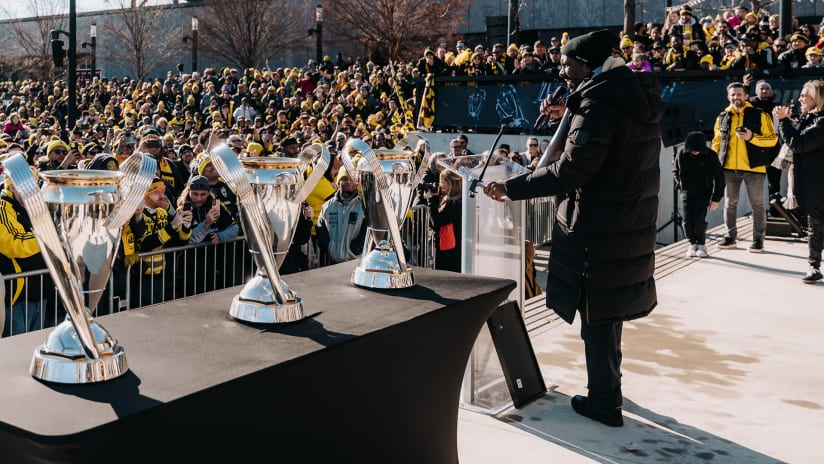
It may sound funny to say, but I didn't see any kind of racism within all the teams that I’ve been with, as a player or coach. Never. Because this is so powerful, to be with diverse groups of people. Players enjoy the different cultures. They learn from each other. And because of that, they become better people, better performers. The way I see things, it’s not the strongest who wins, it’s the one who is most able to adapt – to recognize the present moment and adjust to change. To be able to adapt, you have to be open and seek to understand people. If we want to move forward, if we want to achieve something, if we want to follow the rhythm of the new generation that is coming, we have to do this.
We have to be better. And I think that we are going in the right direction. But why, with so many Black players excelling on the field, do so few of them transition into management at the professional level? Only a very tiny percentage do this. I see the change in basketball, I see the change, step by step, in American football. Hopefully it’s going to come in soccer, too. The fact that we don’t have more people like me in our profession makes it obvious that there is an issue somewhere. There is a lot of diversity in the locker room. And there are many people like me, that have the same competency as me, but they don't have the possibility, or is more difficult for them to have this possibility, to show what they can do at the highest level.
I actually thought twice when I was asked to speak about Black History Month; I spoke about it a lot with my wife. Because I could relate to what Morgan Freeman said about BHM, that he wasn’t happy about it. That it was an insult to only limit this to one month out of the year when our history is so interwoven into human history as a whole. Maybe in the future we won’t need this, or it can become something different. But for me education is essential, and that’s why BHM is important – to help people understand.
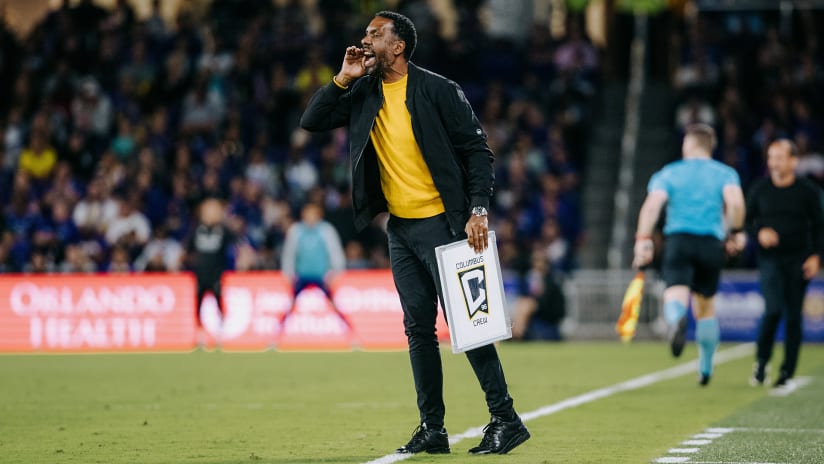
Another example: Ramadan. Once I learned about this tradition, it was a no-brainer to accept that I have people on my team who will want and need to observe this religious tradition. I would never, ever, ever, say don't do it. Because this is something really strong for them. We have to understand what it is. And part of doing your job is to understand what it is. Then you will understand that you cannot say to someone, ‘you cannot do Ramadan.’ I get really upset when I discuss with people and they say no, but they don't know the background. They don't know the story. Ramadan is really powerful, it’s really strong, it's really important for Muslim people. If you deny them that, they won't be able to live in a normal way, and you have to understand that you have to be open. This is part of your work as a coach or a leader. And you have to accept that there is a different culture. And nowadays, I'm happy to be the way I am, because I can understand different kinds of people and how their backgrounds shape who they are.
For me, the only way that we can improve is to educate people. The minimum that we can do is to educate people. Try to ask them why they think like this – and not closed questions. Open questions: Tell me why. Why are you like this? Why do you think like this? To try and help people understand what they are lacking. Yes, it is difficult. But again, trust yourself, be strong, be courageous, be brave, and embrace the adversity, and try to change the perspective of these kinds of situations.
Easy to say, but not easy to do. And because of my family, because of the way I am as a person, I was able to move forward, I was able to look forward and try to change certain things, with great humility, but my mission is to change the perspective of certain people. At the end of the day, we don't want to educate people to change people. We want to educate people to understand why other people are the way they are. This is the big thing. I don't have full control over people. I have power over the way I am as a person, and what is the perspective that I want when I go to work.
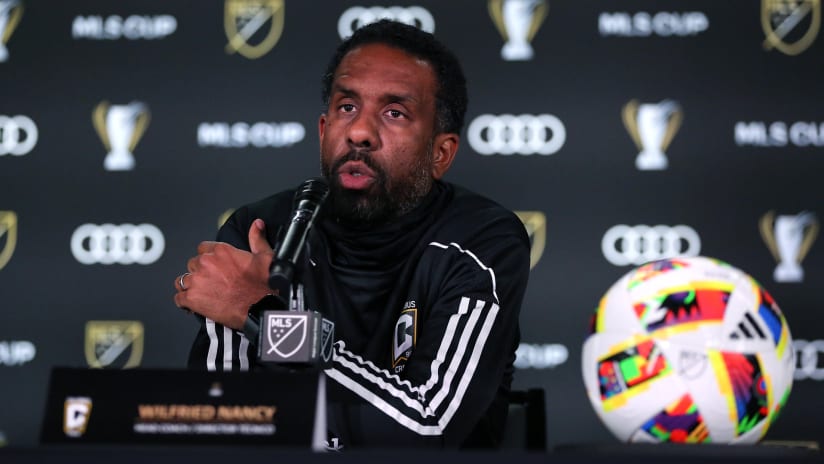
When we won MLS Cup at Lower.com Field last year, of course I was frustrated that it took so long – far too long, almost 30 years – for a Black head coach to reach that achievement. But I was also proud. And I thought back to when I signed the paperwork for my first head coaching job, with CF Montréal. I like all kinds of music. But there is a song that I love, one of my favorite songs – a song from Sam Cooke, “A Change Is Gonna Come.” When I got the job, I was emotional, and I was listening to the song, thinking about the road to that point, how I decided to come to Montréal, and I didn't know if I wanted to stay or not. But I finally stayed over there. All the work, my diligence to build my competency, to be good enough, and also to be patient.
I knew that I would become a coach, but I didn't know when, I didn't know where. All the work that I did, knowing that I wanted to inspire – with a lot of humility – and prove to my family and my friends all over the world that we can do it, it is possible to do it. That's why I was emotional. It was the moment that I could write my story. And I hope my story can help others to write their own.

